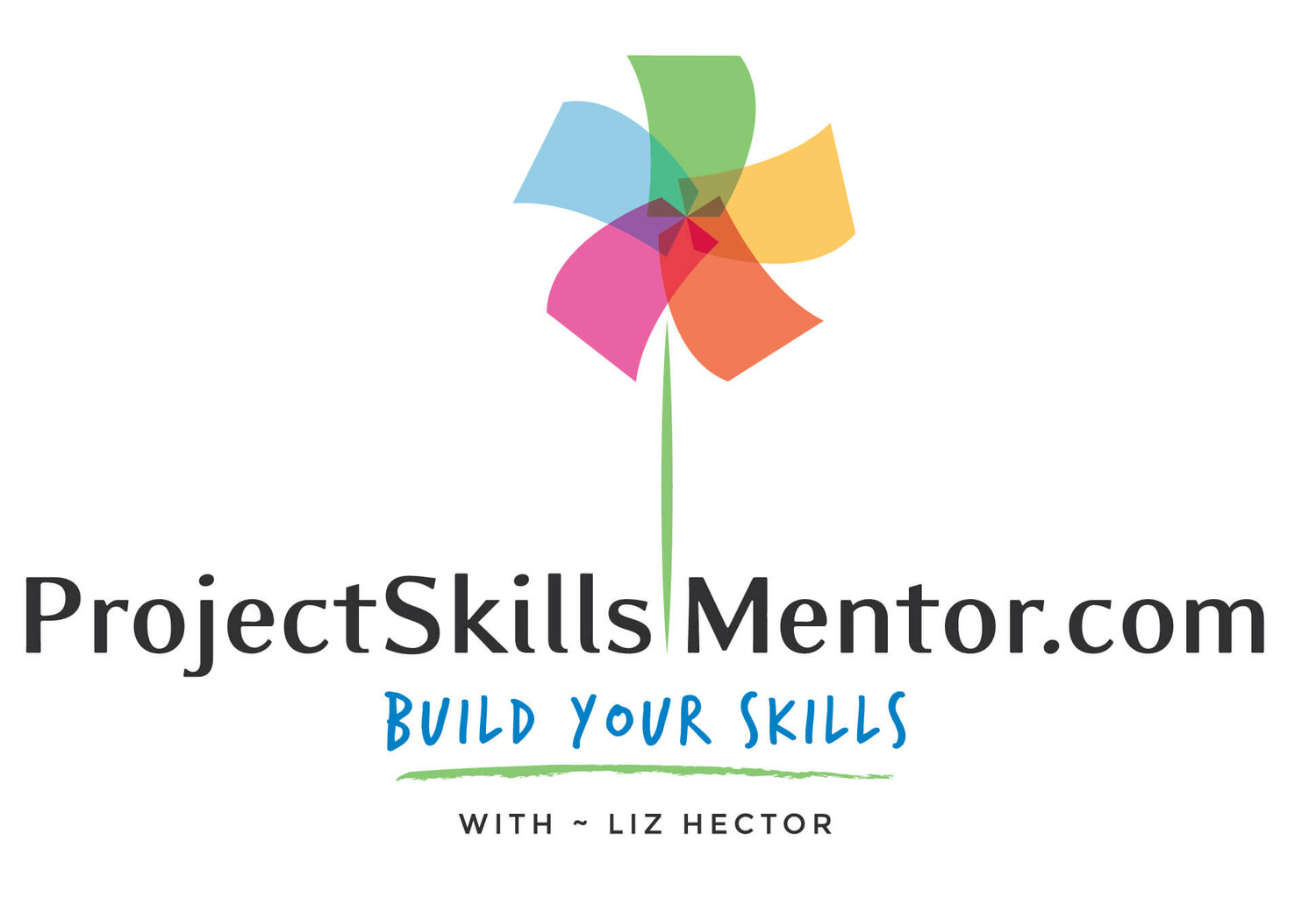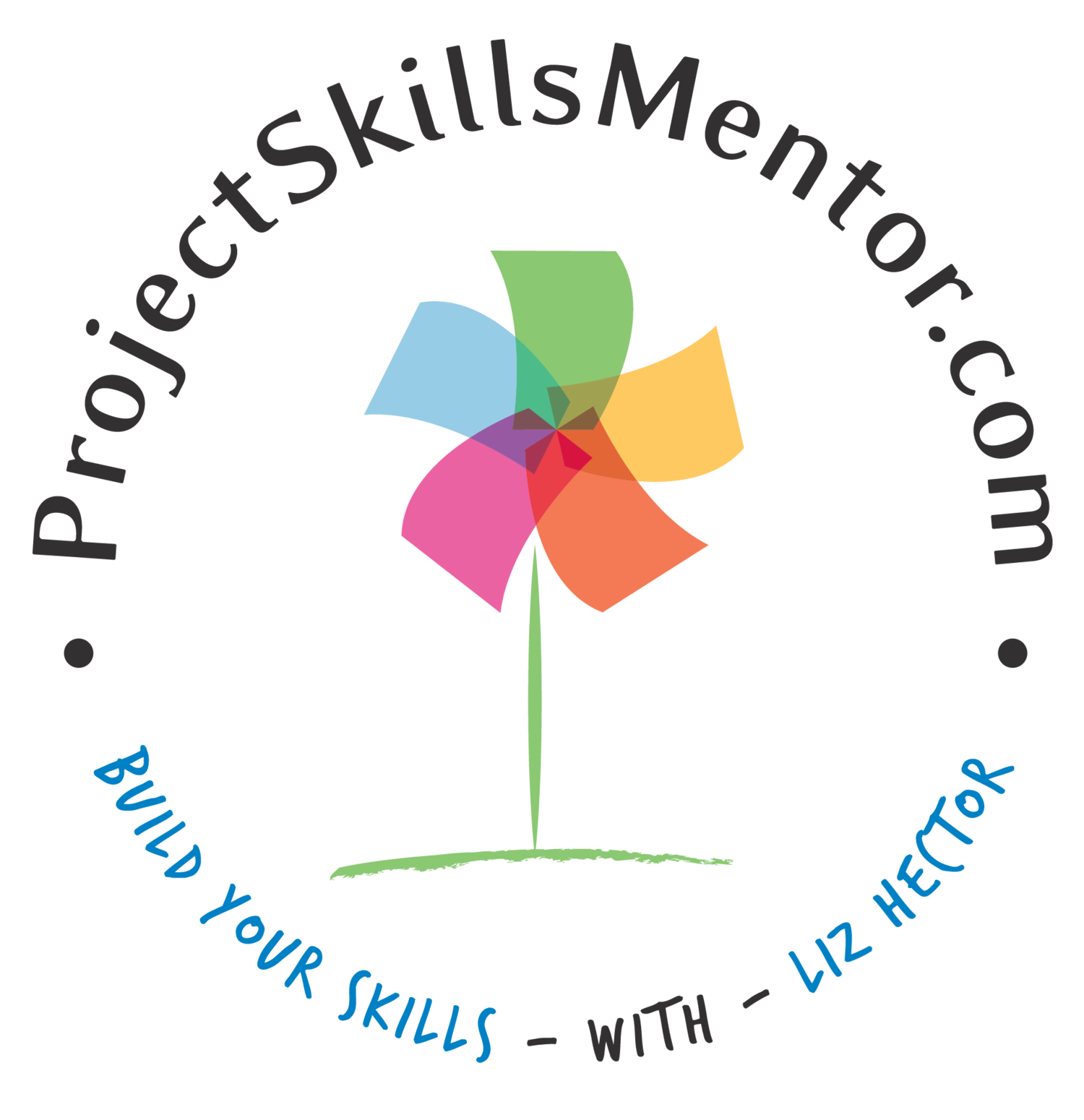3 Ways Peer Mentoring makes you Smarter
How peer-to-peer mentoring is revolutionizing the knowledge economy
(and how Peer Mentoring makes you smarter)
Improve your Skills
Grow your Network
Increase your Knowledge
Examples of how you get smarter (and better)
faster task completion based on help from someone who just completed a similar task.
fewer mistakes when being coached by someone who has process knowledge.
improved understanding by comparing your views and way of working with someone who is at the same stage in their process
What is Peer Mentoring?
Peer Mentoring is mutual coaching between two or more people to improve their skills, information, or advice.
It can include a 'back-and-forth' sharing among peers or work as a 'daisy-chain' of paying forward knowledge from one person to another.
Peer Mentoring allows all involved to increase their confidence through the act of sharing and offering value to others. And, of course, it increases the skills of others; A win-win situation that benefits everyone.
“Peer mentoring is a form of mentorship that usually occurs between a person who has lived through a specific experience (peer mentor) and a new person to that experience (the peer mentee). Most peer mentors are picked for their sensibility, confidence, social skills, and reliability. ”
How does Peer Mentoring work?
Information sharing is at work every day in the knowledge economy. YouTube is a testament to this. Need to know something? Google it, and you will likely find the answer. But Peer mentoring is more than a search and video video. It includes a person-to-person or many-to-many connection of shared experiences and knowledge that all parties find valuable.
This connection may be from people you know personally. It could alternatively be an online community, which is an increasing source of value creation for people in their work and life.
How does Peer Mentor make you more valuable?
Peer Mentoring is often based on just-in-time (JIT) content. You get the information you need when you need it. In a way you can use it immediately.
What makes Peer mentoring different, is that the people in the above examples may be the coach in one example and the learner in another. Or both may be learning at the same time, sharing their 'take' on the same information or set of circumstances.
How to use Peer Mentoring to Improve your Skills?
You can increase your value at work or life every day. And there are a few simple steps you can use to get started:
Start by following some simple Steps
Find someone who is doing work similar to yourself.
Create a connection—Introduce yourself.
Ask a question.
Follow up on how you used their advice.
Offer information from yourself or another trusted source in return.
Then take the next steps think about your long term peer goals. What do you want to be known for?
Start by
Find someone who is doing work similar to yourself.
Create a connection—Introduce yourself.
Ask a question.
Follow up on how you used their advice.
Offer information from yourself or another trusted source in return.
Using this simple process in online communities, and with friends or co-works, has another benefit as well.
A note on Peer Mentoring for sharing comparative and subjective information:
Often there is no right or wrong way of doing something.
So be mindful that others may have different work or life experiences. Differing approaches, insights, or advice are not equal to disagreement. A multitude of counselors can be helpful. These diverse voices can help you consider another point of view and help clarify your position. As the French say, "vive la difference!"
How Peer Mentoring helps you grow your Network?
Did you ever notice that a "guy who knows a guy" is one of the most popular people in town?
That is because those who grow and engage with their network of skilled, knowledgable, or helpful people are valuable to others.
These people are "connectors" because that is what they do. When you have a question or problem, they know who can help.
You can become a connector yourself by reaching out to others and offering your help, learning who has what skills and knowledge. Staying in touch with your communities current issues or needs help to connect the right person and answer to the right requestor. This kind of Connecting is most accessible in an online forum but can also be in your local community.
Either way, connecting does not need to be overwhelming. It is best to start with your immediate circle of friends or co-workers. Be helpful, ask questions and listen. You will soon figure out who has advice worth taking. And remember to:
Give back - repay people who share. Provide something of value to them: information, content, or help. Giveback makes the relationship work because both people are informally cooperating and reciprocating.
Pay forward - when you learn something of value, share it when someone needs it. The generosity of information flow is what makes Peer mentoring so effective in the knowledge economy.
Give back and pay forward have another impact as well. Your own knowledge and skills increase over time.
How Peer mentoring increases your knowledge and value?
The act of getting and giving helpful information benefits you and adds to your value. How?
In Peer Mentoring, all involved are sharing freely. This exchange helps to improve everyone:
Encourages learning - the more you learn, the more you can and want to learn. And learning is good for your brain. It makes you more interesting and people more interested in you.
Improves teaching - You will become more knowledgeable yourself over time. And as you share your skills and insights, you will become a more effective communicator. You will learn the best way to share what you know and make yourself a more valuable teacher in the process.
Also, think about What you are sharing/learning and be mindful of the lesson. Are you getting information for a task? Great. But what else are you learning? Make a note of other 'ah-ha’ moments and review them regularly.
Skills-based sharing - how-to, specific advice such as technology or financial information
Tool based sharing - improved productivity or operations knowledge (app tricks and tips
Problem-solving - sharing the solution or lesson learned experience
But also be aware of other, more profound lessons learned. These are potentially where the real growth is:
Insights (IQ) build skills or understanding more fundamentally, increasing knowledge of a topic.
Emotion (EQ) - share insights into the behavior, diverse viewpoints, or social engagement support, which increases self and others' wisdom.
How to get started?
Journaling tracks your impact
Hone your Peer mentoring skills through journaling. Create a log of your when and when you share information. Note the source and lessons learned. Make notes so you can reference the source when shares and give credit to the idea or content creator—giving credit where due will add to your credibility and integrity.
There are some helpful ways to prepare your self to look for Peer Mentoring opportunities or to be ready one a moment pop’s up on your radar.
I have a free downloadable guide Peer Mentoring Made Easy. Click the box below to get your copy now.
Once you have an informal Peer to Peer conversation consistently underway, you may want to turn it into a more formal Mentorship. If so, I have created a blog and workbook to help you get started. See the link here for more information and access to the downloadable document. The Mentoring Process.
Need more Inspiration?
"How Peer coaching makes work less lonely."
Norian Caporale-Berkowitz and Stewart D. Friedman
Suitable for the times we are living in: benefits of connection, replaces social media noise with real content, improved sense of community.
"From the Knowledge Economy to the human economy."
Dov Seidman
Addressing the growing need for humans to share content and feelings in a digitized world.
YouTube vlogger, Dawn Madsen
A great example of online reciprocal knowledge sharing. An example of someone who learns from others (and gives credit when ideas are used). And shows how lessons learned can apply even when approaches differ. As Dawn points-out: life is not 'one-size-fits-all'. She and her co-vloggers make a great example of Peer Mentoring in action with their “Take back you House” Facebook group.
So what do you think of peer mentoring? Have you used Peer mentoring in the past to share something you know?
Did I miss anything in my review of Peer Mentoring? Please comment below to share your ideas and input.
Peer Mentoring starts with us right now :)







